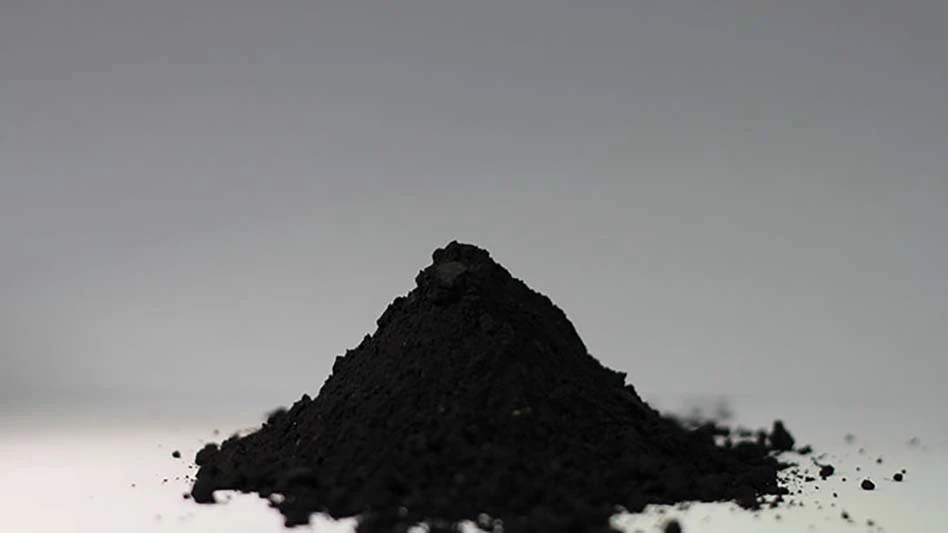In the early months of 2013 shippers of secondary commodities into China have slowly begun to learn about “Operation Green Fence,” an effort by Chinese environmental and customs officials to more vigorously inspect (and more willingly reject) what they consider to be sub-par container loads.
At a session called the “U.S.-China Scrap Trade Consult Meeting” at the Institute of Scrap Recycling Industries Inc. (ISRI) Convention & Exposition, held April 9-13 at the Orange County Convention Center in Orlando, Fla., those in attendance learned a little bit more.
Wang Jiwei, vice president and secretary-general of the China Nonferrous Metals Industry Association Recycling Metal Branch (CMRA), referred to Operation Green Fence as a 10-month effort by China’s national customs agency “to strengthen the supervision” of environmental standards.
According to Wang, the Green Fence initiative has a timeline running from February to November 2013 that will focus on random inspection of all forms of “imported waste,” meaning metallic, plastic, textiles, rubber and recovered paper materials.
He said the intention of Operation Green Fence is in part “psychological,” to make shippers know China will “strictly examine the import application and [consider whether] to approve the import license” of shippers who are caught sending sub-standard material.
In his presentation, the CMRA’s Wang showed photos of inbound containers whose shortcomings went beyond liquid contamination. Problems presented in Wang’s photos included living mice, bullets and combustible flares included in a container load of juice boxes. “These prohibited materials are not allowed to enter China,” he stated.
Severe interruptions in scrap shipments to China are bound to have a significant effect. Speaking at a different ISRI Convention session, Liu Shengming of the China Certification & Inspection Group (CCIC) noted that the number of containers filled with scrap materials continued to grow from 2010 to 2012.
Liu said that North America sent 698,000 containers filled with scrap materials to China in 2012, up from 635,000 in 2011 and 570,000 in 2010. Only 0.04 percent of those containers were found to be “unqualified,” according to Liu. “The percentage is really low,” he commented.
By volume, recovered fiber was the foremost commodity shipped in 2012, followed by plastic scrap and then nonferrous metals.
The 2014 ISRI Convention & Exposition will be April 6-10 at the Mandalay Bay Resort and Casino in Las Vegas.
Get curated news on YOUR industry.
Enter your email to receive our newsletters.
Latest from Recycling Today
- Reworld partners with Mystic Aquarium
- BIR calls for fair standards, circular solutions in defining ‘green steel’
- LME reports active Q2
- Liberty Steel assets facing financing deadlines
- Sims is part of Australian recycling loop
- Tariffs target steel exporters Brazil, Canada and South Korea
- Buy Scrap Software to showcase its software at Scrap Expo in September
- LG details recycling activities





